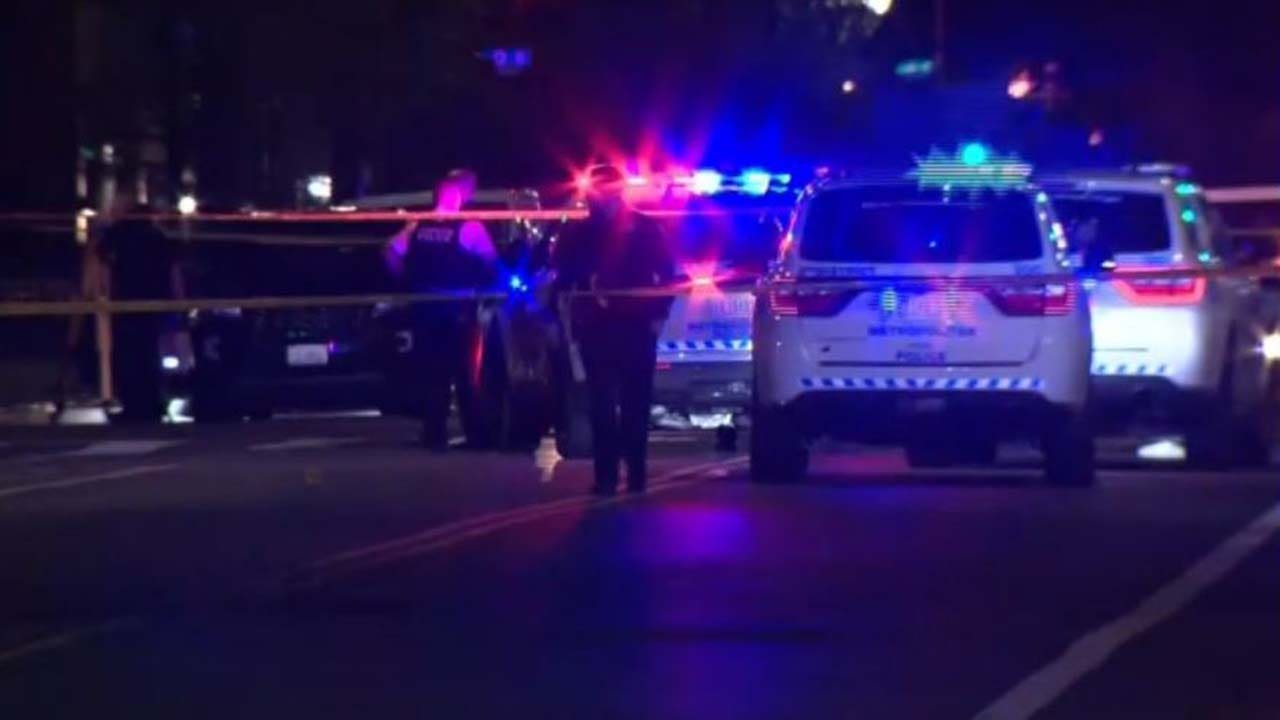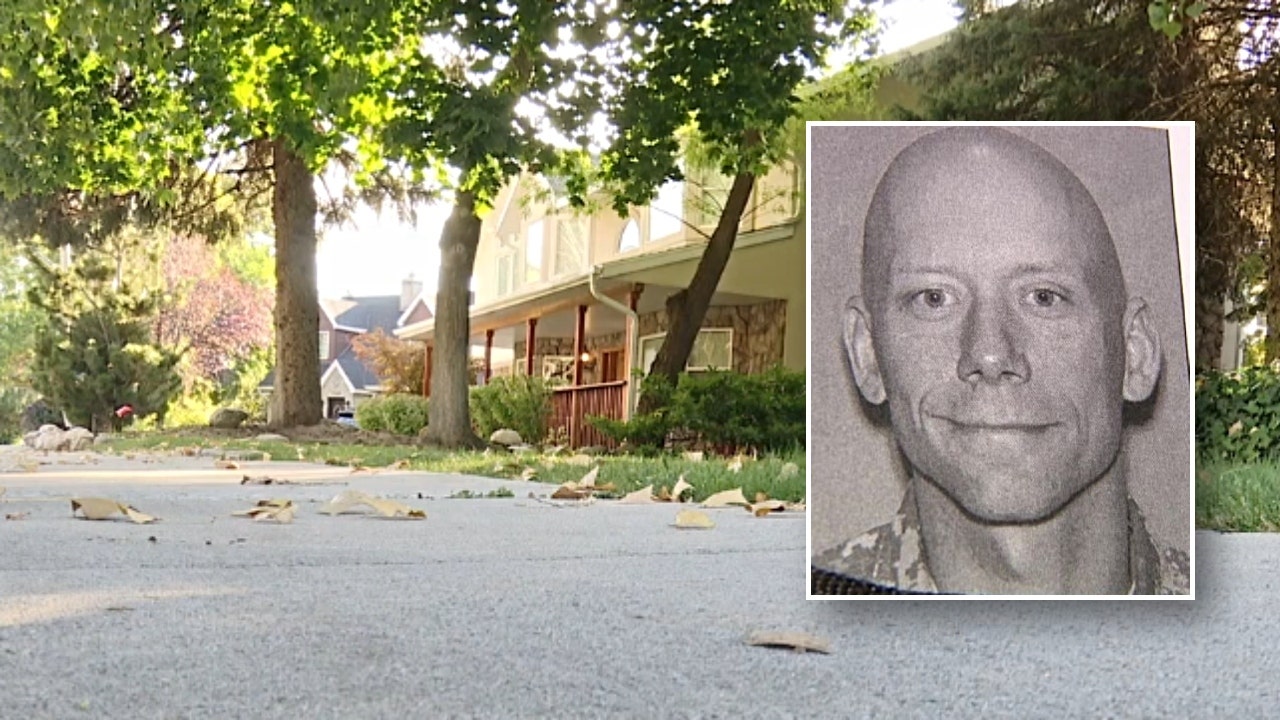Pam Raphael pulled up to the Arizona State Capitol on Tuesday afternoon bearing ice-cold treats and red-hot anger. She had come to deliver an order of her frozen prickly pear and lime pops but was preoccupied by a just-released decision by Arizona’s highest court that upheld an 1864 law banning nearly all abortions.
“I am disgusted,” Ms. Raphael, 50, said as she walked toward a rally by Democrats railing against the decision. She added that it’s “nobody’s business” whether any woman decides to get an abortion.
The decision upending abortion care in a critically important battleground state inspired passionate reactions from Arizonans across the political divide, ranging from elation to disgust.
Some conservative voters and the state’s most ardent critics of abortion hailed it as a victory for women. Many Democrats, moderate independents and some Republicans said the Arizona Supreme Court had gone too far. But it was far from clear Tuesday that the decision would tip the balance in the November presidential election.
The critics said that the court, in resurrecting the 160-year-old law that bans all abortions except to save the mother’s life, was forcing a 19th-century morality onto a fast-growing state that is trying to sell itself as a hub of renewable energy, battery manufacturing and live-and-let-live tolerance.
“Leave it up to the female,” said Maverick Williams, 25, a retail manager who was walking his dog in the conservative Anthem neighborhood on the northern edge of Phoenix. “It’s her body, then she needs to decide.”
Although the court’s decision is on hold for now, Democrats in Phoenix wasted no time on Tuesday in blaming former President Donald J. Trump for gutting abortion in Arizona and other states by nominating the Supreme Court justices who were instrumental in overturning Roe v. Wade. They predicted an election-year backlash against Republicans, citing recent ballot measures in conservative-leaning states like Kansas and Ohio that enshrined abortion protections into law.
But voters like Mr. Williams suggested that it might not be so simple in this closely divided desert battleground. Although he opposed the state court’s abortion decision, he said he was more worried about the rising cost of living, and he called President Biden too old and unfit to serve another term. He said he would vote for Mr. Trump.
Arizona has traditionally voted Republican, but the state flipped for President Biden in 2020 by a margin of about 10,000 votes. Two years later, Democrats won campaigns for governor and attorney general with campaigns that highlighted their support for abortion rights.
Outside a nearby grocery store, Nicki Auchter and her husband, Scott, expressed misgivings about both the abortion decision and Democrats. As they filled up water jugs for a soccer game, they said they personally opposed abortion but did not agree with the 1864 ban because it had no exceptions for rape or incest.
“I’m pretty pro-life, but I think it should be the woman’s choice,” said Mr. Auchter, 42, who is an operations manager for a construction company. “It’s her body.”
Still, Ms. Auchter said their top priority this election year was not abortion. It was “to get Biden out of office.” They said they worried more about the national debt, the soaring price of their insurance and the record number of asylum seekers crossing the U.S.-Mexico border.
Several Republican politicians rushed to distance themselves from the ruling on Tuesday and said they supported repealing the 1864 law in favor of an existing 15-week abortion ban. But Cathi Herrod, president of the Center for Arizona Policy Action and one of Arizona’s most prominent anti-abortion activists, praised the ruling and said it would protect “the humanity of the unborn child.”
“There’s a long way to go to establish a culture of life,” she said. “Today was the right legal decision.”
But in interviews across Phoenix on Tuesday, many women said they were aghast.
Crystal Padilla, 30, a hotel cook in Phoenix, said she still struggled to believe that the U.S. Supreme Court had overturned the federal abortion protections in Roe v. Wade two years ago earlier. She said it was hypocritical for conservative states and judges to impose new restrictions on abortion while failing to help low-income mothers who struggle to earn enough to live.
“What man on the Supreme Court is pushing out a baby?” she asked. “They can’t relate, and yet they’re trying to police other people.”
Ms. Padilla said she could relate, because she had an abortion when she was 19. She said it had been a difficult decision, but she could not have supported a baby shortly after she had graduated from high school.
“It still seems impossible,” said Ms. Padilla, who plans to vote for Mr. Biden. “I fear for people who are coming of age, and who are having to face this decision, and are not being given that choice. It’s just unconscionable.”
McCall Lemmons, 31, a special-education teacher for an online charter school, said she had been disappointed with Mr. Biden and wished he had been able to forgive more student-loan debt and placed more on education policy. But she said abortion would compel her to vote for him nonetheless.






